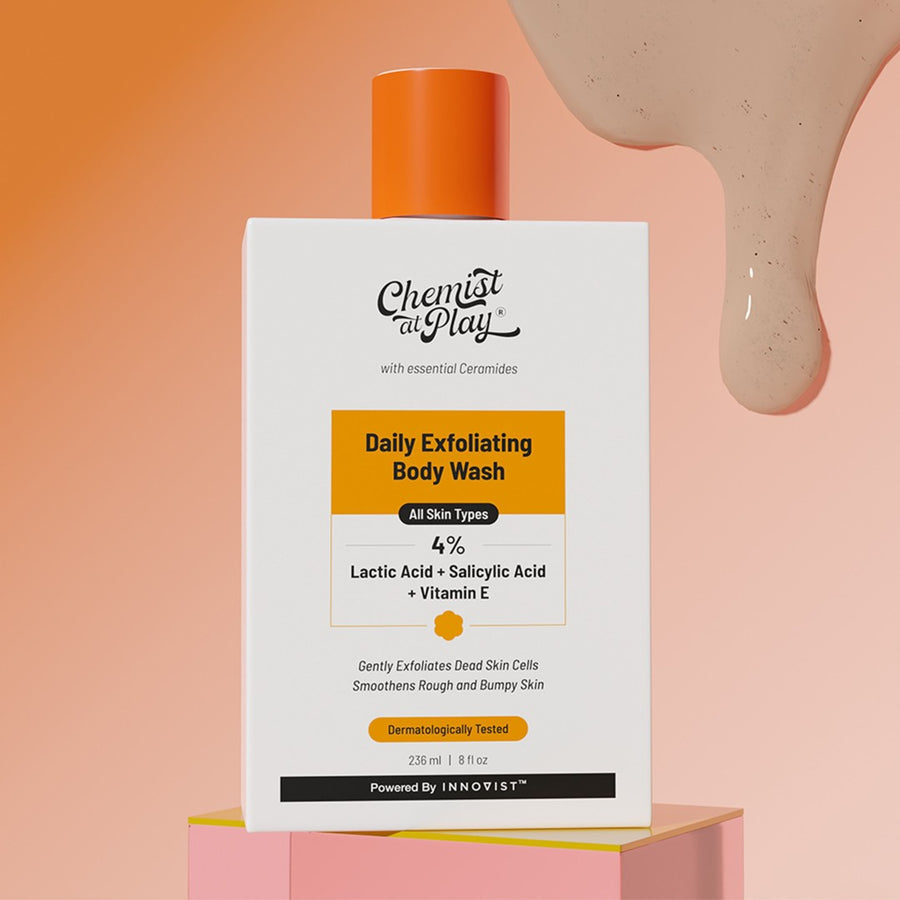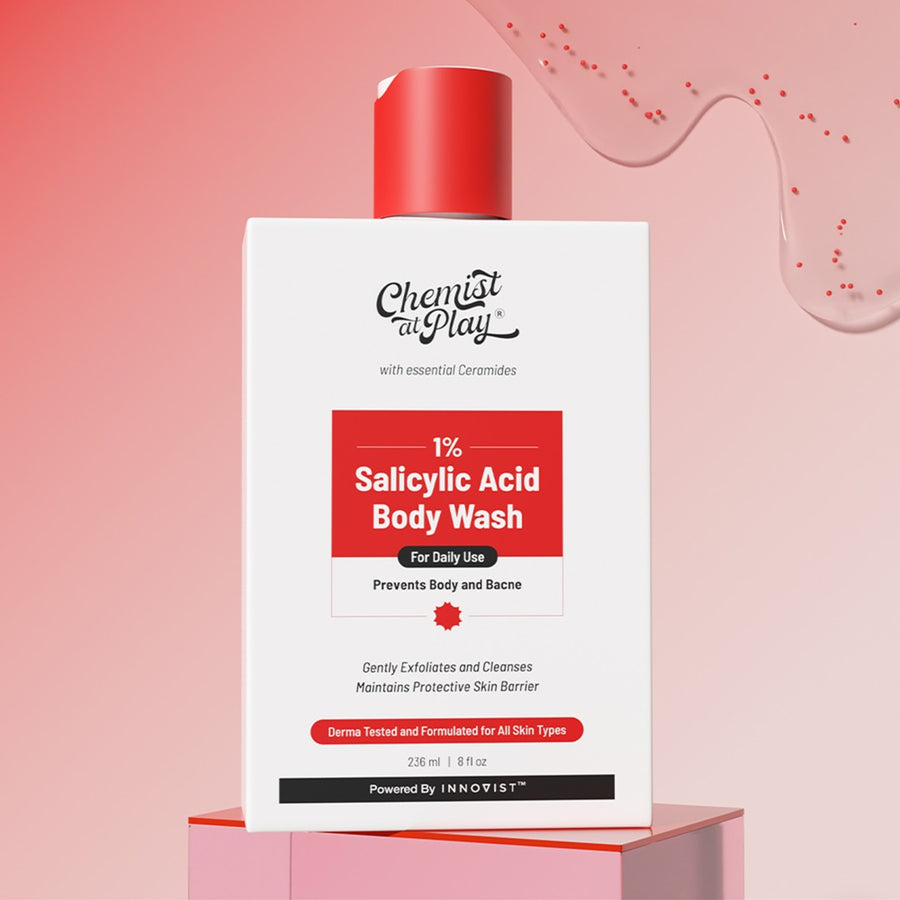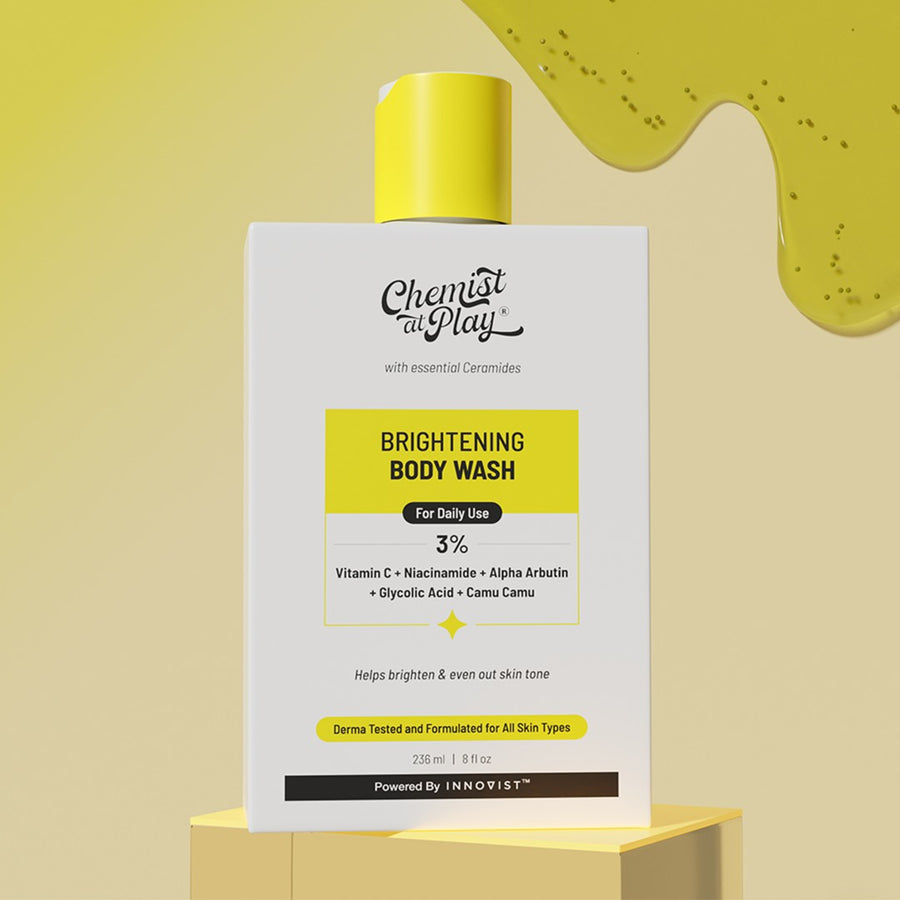
Body Wash vs. Soap: Understanding the Differences and Which is Right for You
When it comes to personal hygiene, choosing the right product can make a big difference in how you feel and how your skin looks. Body wash and soap are two common options for cleansing your skin, but how do you know which one is right for you? In this blog, we’ll discuss the differences between them so that you can decide soap or body wash which is better.
Body Wash vs. Soap
Body wash and soap serve the same basic purpose: to clean your skin. However, there are some key differences between the two that can affect your skin in different ways.
Soap is made from a combination of fats, oils, and an alkali substance. When these ingredients are mixed together, they undergo a chemical process called saponification, which creates soap. Soap is generally solid and can be made in different forms such as bar soap, liquid soap, or even foaming soap.
Body wash, on the other hand, is a liquid soap that’s formulated specifically for use on the body. It’s often packaged in a bottle or pump dispenser and comes in a range of scents and formulas designed to target specific skin concerns. If you are not looking for something specific then always go for the type of body wash that suits all skin type & concerns like body wash for back acne or exfoliating body wash.You can check the ratings and reviews to see if that product really works.
Here are some of the key differences between them along with reasons to know if is body wash better than soap :
Ingredients
The ingredients in a body wash vs soap can vary greatly. While both products contain cleansing agents that remove dirt and oils from your skin, body wash tends to contain more moisturizing ingredients, such as glycerin or shea butter, to help prevent your skin from drying out.
Soap, on the other hand, contains harsher cleansing agents that can strip your skin of its natural oils, leaving it feeling dry and tight
Skin Type
Your skin type can also play a role in deciding if body wash or soap which is better for you. If you have oily or acne-prone skin, a body wash that’s formulated specifically for oily skin can be a good choice. This type of body wash contains ingredients like salicylic acid, which help exfoliate your skin and control excess oil production. Our Chemist at Play’s Acne control body wash is one of the best body wash for oily acne prone skin. It deep cleans and eliminates breakouts all over the body. There are different types of body wash available in the market for various skin types and concerns.
Fragrance
There are various types of body wash and some of them come in a range of scents, from fruity and floral to musky and masculine which are long lasting and give you a fresh vibe. Soap, on the other hand, is often unscented or has a more traditional soap scent. If you’re sensitive to fragrances or have allergies, going for the best body wash for all skin types may be a better choice.
Convenience
Body wash is often considered more convenient than soap because it comes in a pump dispenser or bottle that’s easy to use in the shower. Soap, on the other hand, can be messy and difficult to use if it gets wet. Bar soap also requires a soap dish or holder, which can be an extra expense.
So one can conclude that a body wash is better than soap because of its moisturizing properties, and the fact that there are different types of body wash to cater to different skin types and concerns and it’s more convenient to use as compared to soaps.
Difference between body wash and shower gel:
Body wash and shower gel are both liquid cleansers that are used during showers or baths. While they serve a similar purpose, there are some differences between the two. Let's explore the shower gel and body wash difference.
1. Composition
Body wash and shower gel have different compositions. A Body wash is typically formulated with a milder base that includes a combination of water, oils, and surfactants. These surfactants help to cleanse the skin by removing dirt, oils, and impurities. On the other hand, shower gel often has a thicker consistency and contains a higher concentration of synthetic detergents and foaming agents which provide a more luxurious bathing experience.
2. Texture
Body wash tends to have a smoother and more liquid texture compared to shower gel. It easily spreads on the skin and lathers up with water. Shower gel, on the other hand, has a thicker and gel-like consistency that stays in place on the skin.
3. Moisturizing Properties
Body wash is often formulated with moisturizing ingredients such as oils, glycerin, or shea butter. These ingredients help to hydrate and nourish the skin, leaving it feeling soft and smooth. Shower gel, while it may also contain moisturizing agents, tends to focus more on cleansing rather than moisturizing.
4. Packaging
Body wash is commonly packaged in bottles or pump dispensers, making it easy to use and control the amount of product. Shower gel is often packaged in squeeze tubes or containers with flip-top caps, allowing for easy dispensing and ensuring the product stays intact.

































